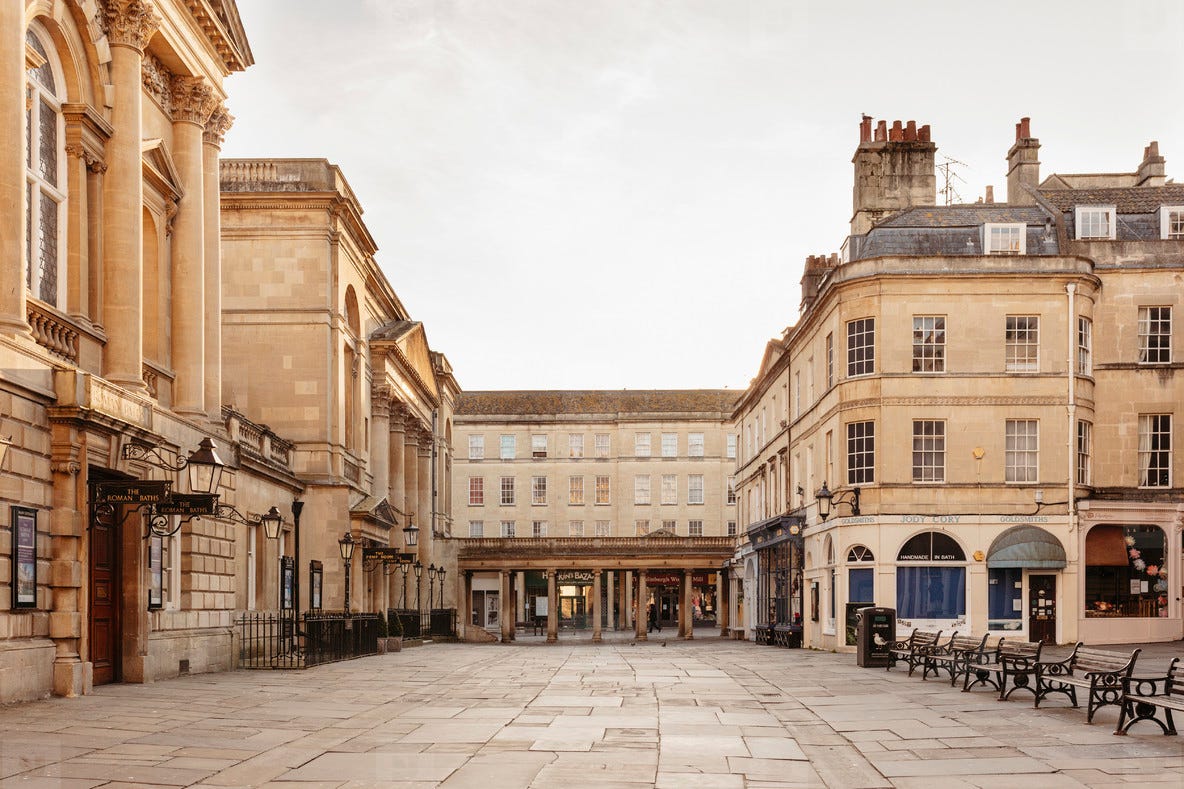A decade ago, anyone could set up a table in the town square and engage passers-by. Now, councils are replacing open public space with ‘event zones’ that must be booked and approved.
Our new report found that out of 321 councils surveyed in England & Wales:
- 62 said political street stalls were not allowed at all
- 159 said that people would have to comply with red tape before putting up a stall
- 62 councils required payment of a fee
Only 19 councils (8%) allowed genuinely informal campaigning without fees or prior vetting — the vast majority impose red-tape, fees, licensing or outright bans.

How control works
1. ‘Licensed’ event spaces replace the public square
Councils now designate specific locations as ‘events’ or ‘promotions’ zones, which people have to apply to use. Everywhere else is off-limits. Kirklees Council said that a street stall would need to apply for a ‘street activity permit’ to use ‘town centre spaces’. Hackney Council said that there are ‘designated licensed streets’, which can be used by political stalls with ‘consent for a one-day licence’.
2. Red tape + fees
Applications often require lengthy forms, advance-notice, risk assessments and public-liability insurance. Fees range from modest to hundreds of pounds a day. Luton charges up to £415-£515 per day, while Bristol charges £375 per day. Harborough council requires a 12-page application form and photo ID, to be submitted 12 weeks in advance.
3. Political / ideological control
Some councils require prior vetting of leaflets, or ban certain kinds of political or religious groups. Stoke-on-Trent Council demands to see leaflets in advance to ensure they do not “have a negative agenda” or are not “offensive/slanderous”.
Arun Council’s booking policy excludes any event whose aims “conflict with or seek to undermine decisions or policy democratically taken by us”, and anything that “might cause disharmony” or is “deemed inappropriate by the events officer.”
This would ban anyone criticising council policy. It would also give an unelected events officer – and not elected councillors – ultimate say over who can hold public events.
4. Councils reserve public squares for themselves
In some areas, councils claim exclusive use of public spaces, with Woking Council saying that only itself and its partners can use the two main squares:
The use of Jubilee Square and/or Victoria Square will be restricted to events and promotions managed by the Council or partners authorised by it, unless special permission has been granted by the Council (such as for charity fundraising, or cultural events/ entertainment).
Why it matters
Public space has historically been central to democratic life — a place where ideas can be advanced, petitions gathered, views expressed.
When access is controlled by councils, only those with money, official sanction or council connections get to engage. This skews democracy.
The fact that only 8% of councils allow truly free campaigning means this isn’t a fringe issue; it’s systemic, and even affects mainstream political parties.
What we call for
- Councils should guarantee some space that remains informal, free and accessible — no long forms, no fees, no ideological gate-keeping.
- Political activity in public space must not be licensed or banned; if you’re not causing a nuisance or breaking a law, you should be able to set up a temporary stall and talk to your fellow citizens.
- The government should issue guidance to local authorities to encourage a more liberal approach.
Take action!
- Check your local council’s policy — are you subject to booking, fee, prior approval before you can put up a stall?
- If you’ve ever been restricted setting up a stall, handing out leaflets, or engaging passers-by — get in touch and let us know.
- Share this article with friends and colleagues to get the word out.